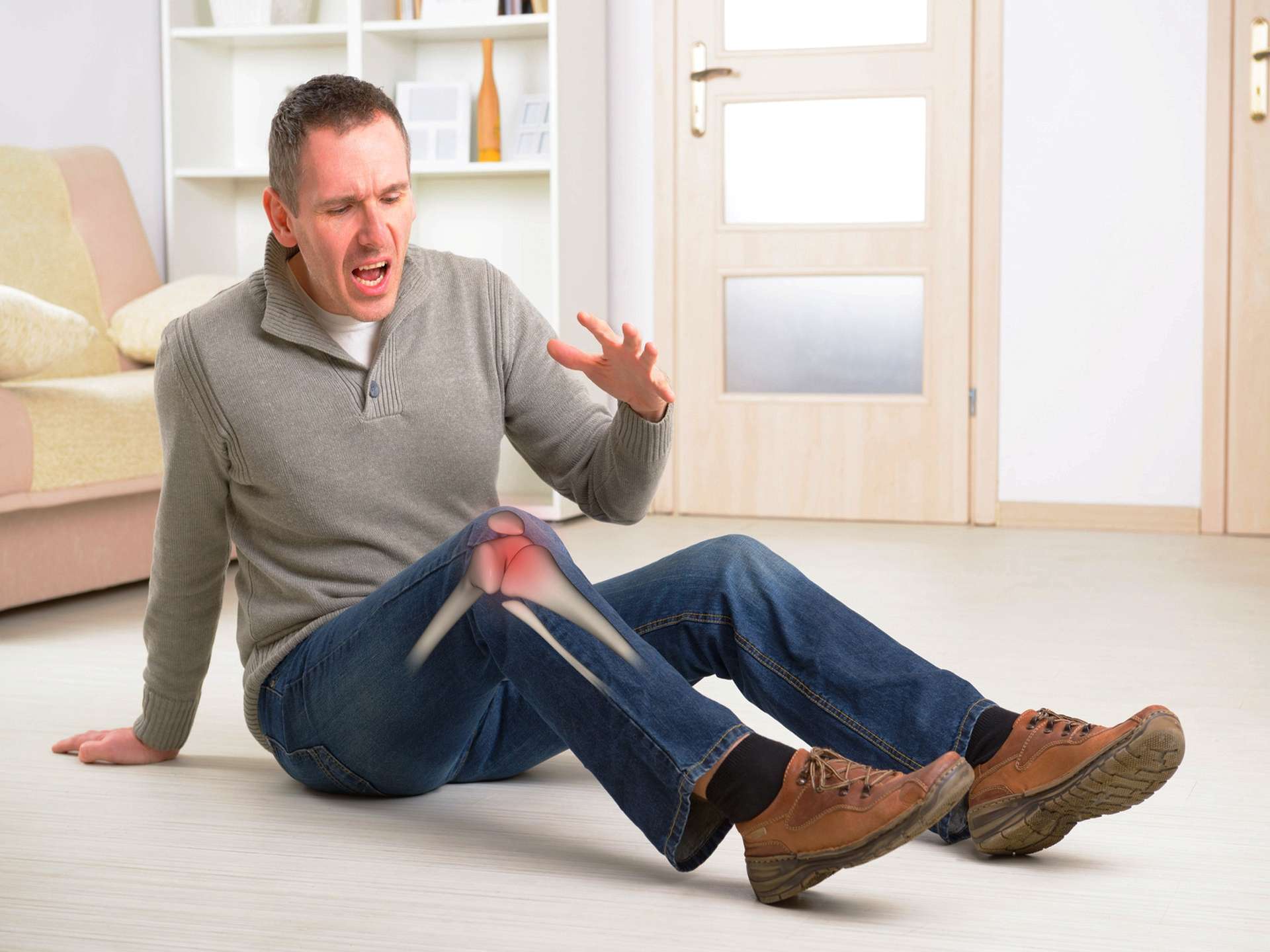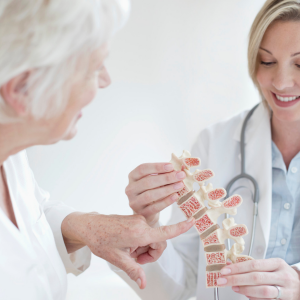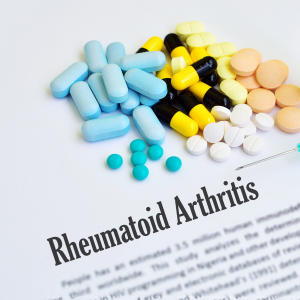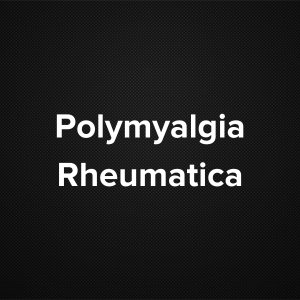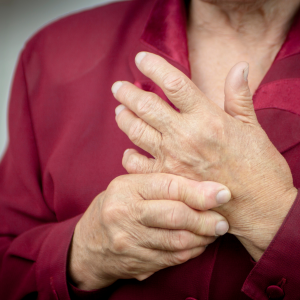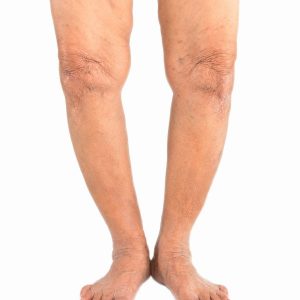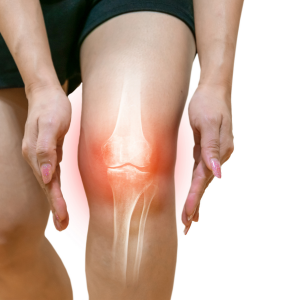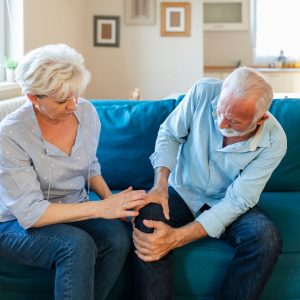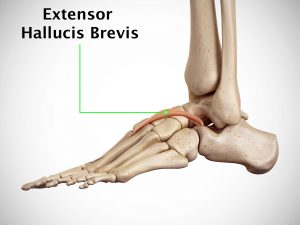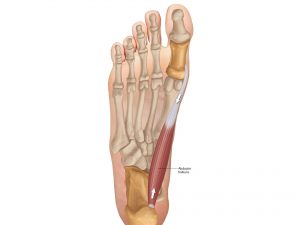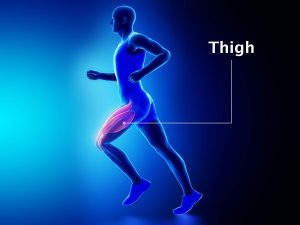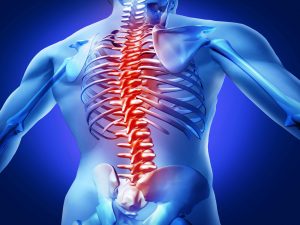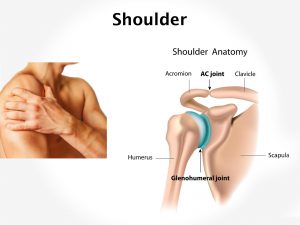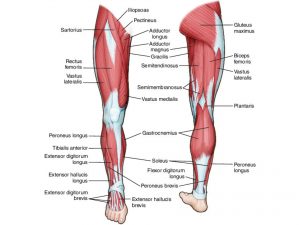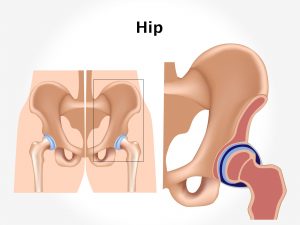Causes and risk factors
Knee pain can be caused by various reasons. Prolonged standing, sitting for a long duration by flexing the legs is the most important contributing factors for knee pain. Obesity also leads to knee pain. Sprains and strains are the other important causes for pain in knees. The other common causes of knee pain are trauma which causes tearing of the ligaments and tendons, inflammatory diseases like tendinitis or bursitis. Osteoarthritis, rheumatoid arthritis, gout, ankylosing spondylitis, patellar dislocation, fracture of femoral or tibia can also cause knee pain. Prolonged working in cold weather has also been associated for pain in knees.
Clinical presentation:
As the name suggests the person can complaint of pain in knee. The pain can be continuous or intermittent. The sensation can be aching, piercing, burning, shooting or stabbing. The pain can be restricted to the knee or it can radiate up to the hip or down to the foot. The person may experience difficulty in movement, bending the knees, pain while walking or climbing the stairs. ‘Crunching’ noises can also be heard at times.
Investigations:
Diagnosis is done of the basis of the symptoms narrated by the patient and the physical examination is carried out by the doctor. Certain investigations which can be done are X-ray, MRI or CT scan can be done. Blood tests for rheumatoid factor, urea levels can also be done. In required cases arthrocentesis can be done.
Treatment:
Treatment varies depending upon the cause. Change in lifestyles is necessary to correct the pain where there is no underlying pathology. Weight reduction in obese, adequate rest, correction of wrong postures and regular exercises needs to be adopted. Wearing of knee braces, cold and hot compressions along with pain relieving medications can be advised. In addition in severe cases corticosteroid injections and supplemental lubricants are advised. Patients who are not responding to medications and with underlying causes as degeneration of the knee joint etc are treated with surgical intervention.
Other Modes of treatment:
Certain other modes of treatment can also be helpful in coping up the symptom. Taking into consideration the symptoms in holistic way, homoeopathy can offer a good aid for the relief of the symptoms. The Ayurvedic system of medicine which uses herbs and synthetic derivates can also be beneficial in combating the complaints. Acupuncture which is the science of insertion of fine needles on the certain stimulating spots on the body has proved to be effective. Certain yoga exercises can also be helpful in relieving the pain and strengthening the muscles.
Recent updates:
Meniscal allograft transplantation (MAT) surgery is one of the recent techniques in treating the chronic pain in knees.
